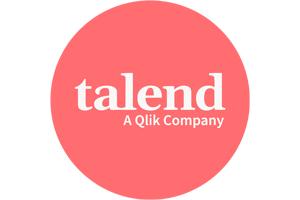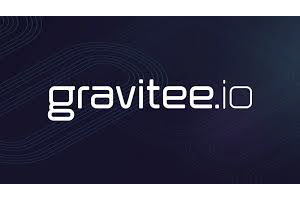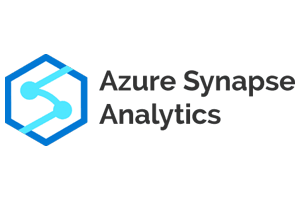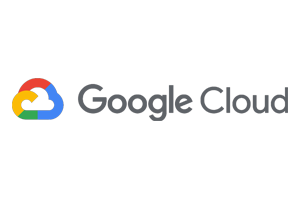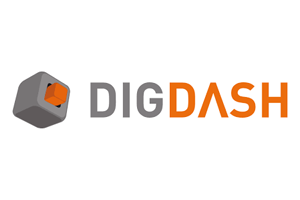Data intelligence is an interdisciplinary field combining concepts and methods from informatics, statistics, artificial intelligence, and data analytics. Its purpose is to extract usable knowledge from vast datasets and, in doing so, to support informed decision-making and boost organizational performance.
Data intelligence is more advanced and comprehensive than business intelligence, which is a subset of data intelligence. In short, it involves the use of sophisticated technologies and algorithms to collect, store, analyze, and interpret data from different sources including databases, structured and unstructured files, social media, sensors, connected devices (Internet of Things), and more.
Learn more about what we offer
In today’s digital age, data has become a key asset for businesses looking to maintain their competitive edge. Data intelligence is crucial in this regard, helping organizations in marketing, finance, healthcare, logistics, human resources, security, and other fields better understand their customers, optimize their operations, predict market trends, improve decision-making, and stay competitive in a fast-paced business landscape.
Our data intelligence experts are on hand to provide end-to-end support, from setting up your data intelligence architecture, to developing your predictive dashboards. More specifically, we’ll bring our knowledge and experience to bear in the following stages:
- Data collection: We’ll identify the right tools and methods—ETL, application and procedures—for your circumstances, striking the right balance between performance, cost, and maintainability.
- Data storage and management: There are numerous on-premise and cloud storage solutions out there, so it’s important to choose the best fit while keeping reliability and security considerations in mind.
- Data preprocessing: Often, data quality is an afterthought that’s only given consideration during retrieval. But in fact, it’s an essential step if you want the best possible data to support informed decision-making.
- Data analytics: With machine learning and artificial intelligence, organizations can now do much more with their past and present data. These days, the challenge is not merely to look ahead, but to anticipate future developments.
- Interpretation of results: Data visualization is often an under-appreciated skill: it takes extensive experience and expertise to be able to match the right chart with the right figures, and to choose the right kind of reporting dashboard.
- Knowledge application: Drawing on our business-specific expertise built up over numerous projects, we can also help you shape the future of your organization.
With our data intelligence offering, you’ll gain a comprehensive overview of your organization, be able to measure how effective your operations are, and make the right decisions to drive your business forward.
Benefits
With an effective data intelligence strategy, your organization will be better able to manage its data—and extract maximum value from the information it holds. This approach offers a range of tangible benefits, such as increasing understanding, fostering collaboration, and enhancing data reliability. Other benefits include:
- Getting your data in order: This is a key step in any data-related project, ensuring that your organization works with reliable, consistent data while saving time by eliminating duplicates, standardizing formats, and cleaning up your data.
- Enhancing data visualization capabilities: With clear, chart-based data visualization, your organization can better understand and interpret information and, therefore, make informed decisions at the right time.
- Breaking down internal silos: Shared data fosters better internal communication and collaborative working practices.
- Improving predictability: Through advanced prediction algorithms, data intelligence lets your organization better anticipate market trends and developments, as well as consumer behavior.
- Freeing up time: Automating previously time-consuming tasks lets your people focus their attentions on high-value-added work.
- Providing a common reference system: Data visualization tools give everyone in your company access to the same level of information, which drives better collaboration and organization-wide consistency.

